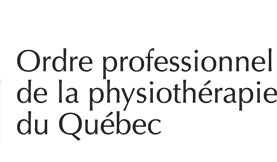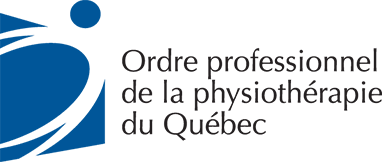No matter your age, physiotherapy can help prevent, relieve, and treat a variety of physical health problems.
Physiotherapy is a health science that helps restore your physical abilities to the extent your condition and recovery potential will allow so you can go about your daily activities, perform work, enjoy your hobbies, or play sports. It helps get you back on your feet so you can stay active in your personal and social life.
What does physiotherapy treat?
Physiotherapy can help treat back pain, sprains, dizziness, capsulitis, motor skill problems in children, and incontinence, among other things.
More broadly, physiotherapy is used to treat physical impairments resulting from injuries and illnesses that affect:
- Muscles,
- Joints
- Bones
- The neurological system (brain, nerves, spinal cord)
- The respiratory system (lungs)
- The circulatory system (blood vessels)
- The cardiac system (heart)
What types of treatments are used in physiotherapy?
Professional physiotherapists and physiotherapy technologists can use a variety of methods to treat you, including:
- Manual techniques
- Exercises
- Electrotherapy (ultrasound, laser, etc.)
- Hydrotherapy (water treatments)
- Thermotherapy (ice or heat)
Did you know?
Your treatment revolves around you
Remember that physiotherapy treatments are the patient’s responsibility. You are the main person in charge of your treatment and you play an important role in the process. The physiotherapy professional is there to support and guide you through the steps.
Do you know the two categories of physiotherapy professionals?
Physiotherapists and physiotherapy technologists are the only physiotherapy professionals recognized by the Quebec professional system. Find out more about these two professions and how to become a physiotherapy professional.

When and why to make an appointment
Ever wonder if physiotherapy could help you? Not sure when you should consult a physiotherapy professional? Find out what issues and conditions physiotherapy can treat.

How does it work?
What happens when you make a physiotherapy appointment? How much does it cost? Is the treatment covered by insurance? Read this section for answers to these questions.



